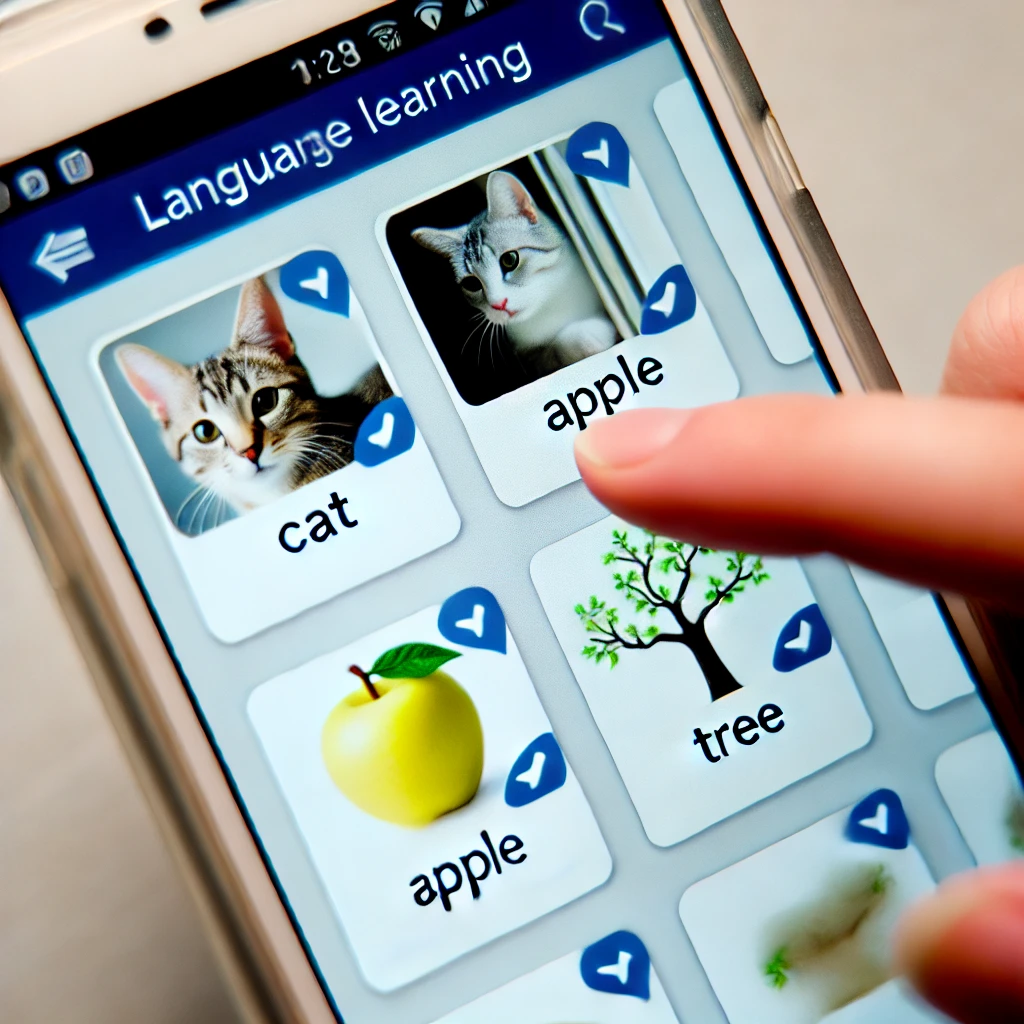Apps to Train Other Languages with Spaced Repetition

In recent years, foreign language learning has undergone a significant transformation with the advent of digital tools and innovative methodologies that have increased accessibility and efficiency of study. One such innovation that has quickly gained popularity is the concept of spaced repetition, a proven methodology for vocabulary retention. Spaced repetition has become widespread primarily through language learning apps. In this article, we will discuss what spaced repetition is, how it is applied in language learning apps, and what are the best options available on the market.
What is Spaced Repetition?
Spaced repetition is a learning technique that relies on reviewing previously learned content at carefully planned intervals. The main goal is to reactivate knowledge before it is completely forgotten, thus reinforcing long-term memory. Spaced repetition is based on the forgetting curve, a concept introduced by German psychologist Hermann Ebbinghaus, which indicates that knowledge is quickly lost if it is not reactivated periodically.
The practice of spaced repetition works directly against the forgetting curve, bringing knowledge back to mind at strategic intervals, preventing it from disappearing completely. The key to the effectiveness of spaced repetition is to gradually increase the intervals between reviews, as the student stores the knowledge more permanently. In this way, easier words or phrases will be reviewed less frequently, while more difficult knowledge will be reviewed more regularly, until it is consolidated.
Application of Spaced Repetition in Language Learning
Relearning a new language involves a huge amount of vocabulary, grammar rules, pronunciation and syntax. Spaced repetition, therefore, becomes a powerful tool to ensure that the student can memorize and retain as much material as possible, without overloading the mind with unnecessary revision.
Spaced repetition apps provide a personalized learning experience by focusing more on the words or phrases that a user has difficulty remembering. For example, when a user learns a new word, the system schedules a review for the same day, the next day, three days from now, a week from now, a month from now, etc., until the word has been successfully memorized. If the user has difficulty recalling the word, the system moves up the scheduled review. This adaptive approach is what makes spaced repetition so effective. It optimizes study time by focusing more on the areas that require the most attention.
Popular Spaced Repetition Apps
There are currently several apps that use the principles of spaced repetition in language learning, each with its own unique features and advantages. Here are some of the most effective:
1. Anki
Anki is one of the most popular apps among language learners, although it is not limited to that field. The app is extremely popular among students of medicine, law, and other disciplines that require the memorization of large volumes of material. However, in language learning, it is especially important due to its flexibility and ability to be customized.
Anki allows users to create their own decks of cards, with words, phrases, audio or images, and the system organizes the review according to the perceived level of difficulty. It is highly customizable, and the user can add multimedia content, which increases knowledge retention.
2. Duolingo
Duolingo is one of the most popular language learning apps, and one of the reasons for its success is the integration of spaced repetition into daily lessons. The system analyzes the user's performance and adjusts the reviews according to the words or concepts that are being forgotten.
In Duolingo, the system suggests strategic reviews of words or concepts that the user may be forgetting, reinforcing learning without compromising progress in new lessons.
3. Memrise
Memrise is another app that incorporates the principle of spaced repetition into its design, with a focus on learning vocabulary. One of its great features is the use of videos with native speakers of the language, who demonstrate the correct pronunciation of words and phrases.
Spaced repetition in Memrise automatically adapts to the user’s needs, scheduling reviews based on how often they make mistakes in each word or phrase. This ensures that more difficult content is reviewed more often.
4. Quizlet
Although it is a more general study platform, Quizlet also offers tools for language learning. You can create your own sets of flashcards or use existing options. Spaced repetition is one of the review methods offered.
Quizlet organizes automatic reviews based on the user's performance in quizzes and memory tests, which makes it easier to retain vocabulary and grammar concepts.
5. Lingvist
Lingvist is relatively new, but it’s gaining traction for its highly personalized, data-driven approach. It also uses artificial intelligence to analyze learner performance and automatically adjust any necessary revisions.
In addition to ensuring that vocabulary is reviewed at the right time, Lingvist focuses on contextualized sentences, allowing the student to memorize not just isolated words, but the context in which they are used.
Advantages of Spaced Repetition in Language Learning
- Optimizing Study Time: Reviewing only what needs to be reinforced saves time and increases learning efficiency.
- Greater Vocabulary Retention: The technique reinforces vocabulary in long-term memory.
- Adapting to Difficult Content: Spaced repetition automatically adjusts to the user's difficulty.
- Encouraging Daily Study: The apps encourage daily study, gradually reinforcing the content.
Conclusion
Language learning apps based on spaced repetition are valuable tools for those who want to learn in an efficient and personalized way. By integrating technology, cognitive psychology, and pedagogy, these apps offer a modern and effective approach to mastering a new language. Regardless of the app you choose, spaced repetition stands out as a powerful strategy for transforming language learning into a productive and lasting activity.




